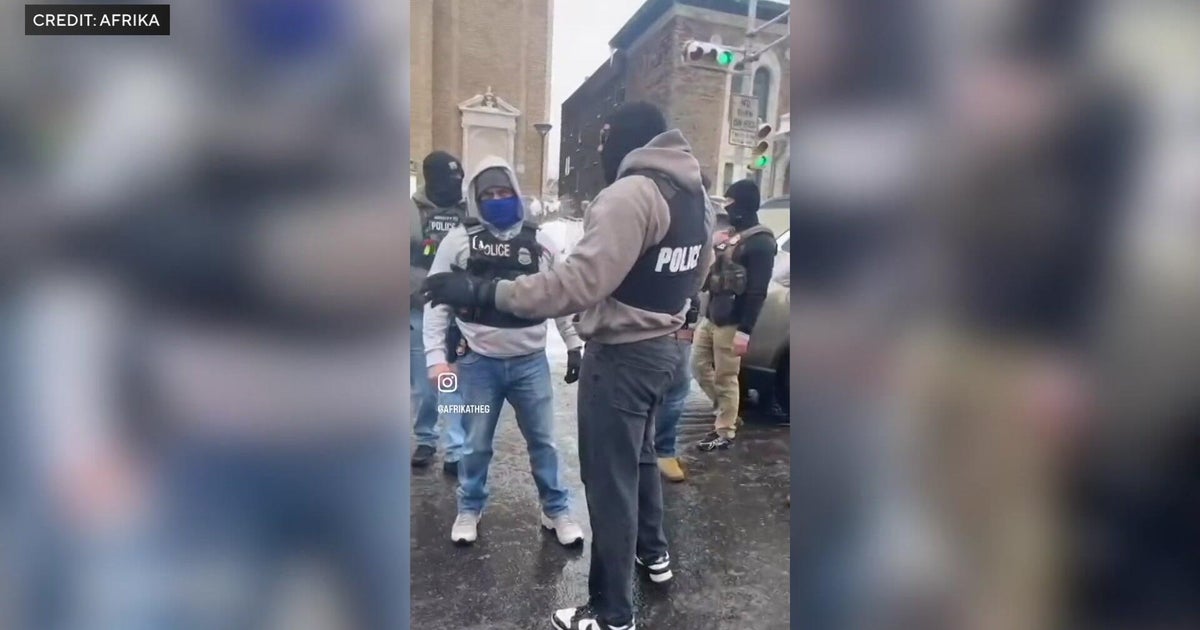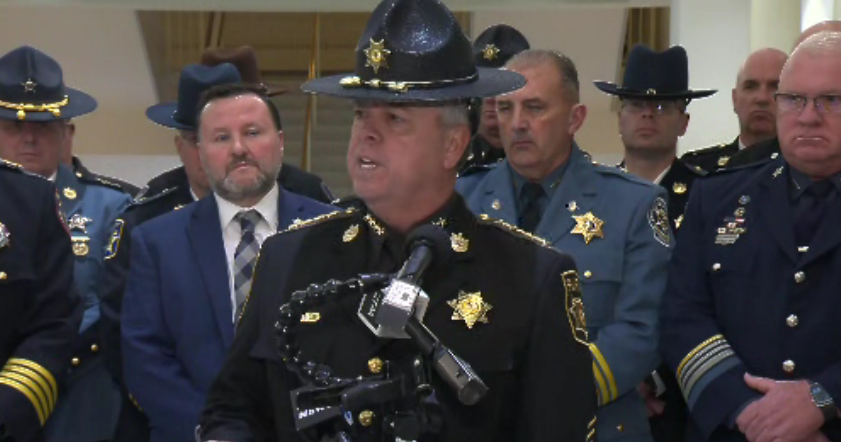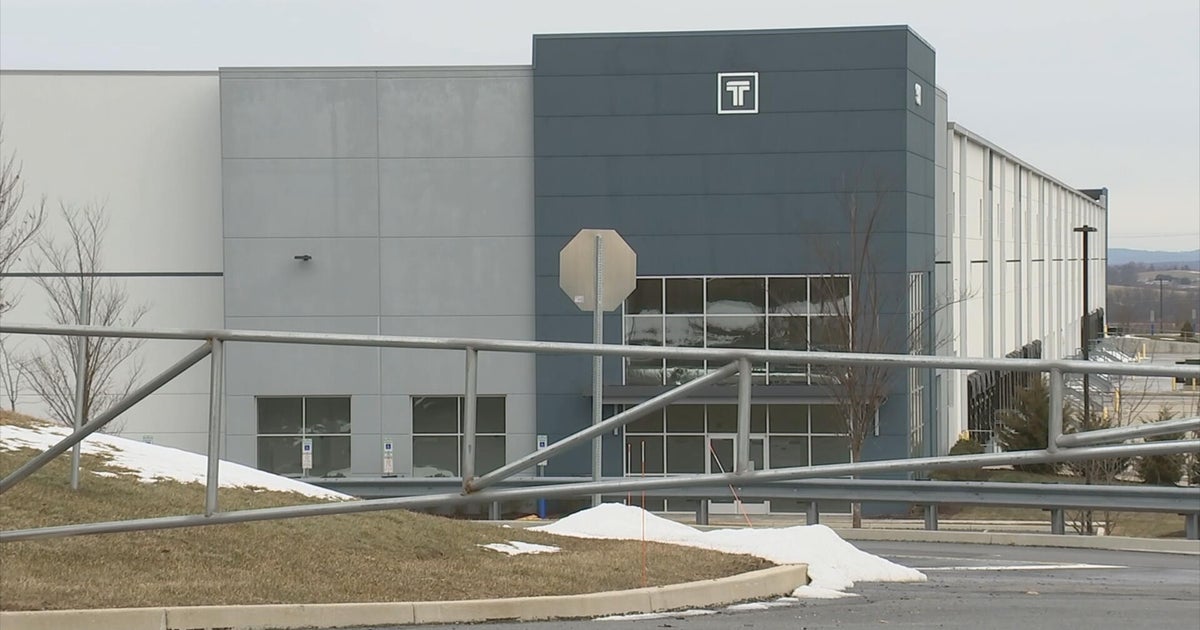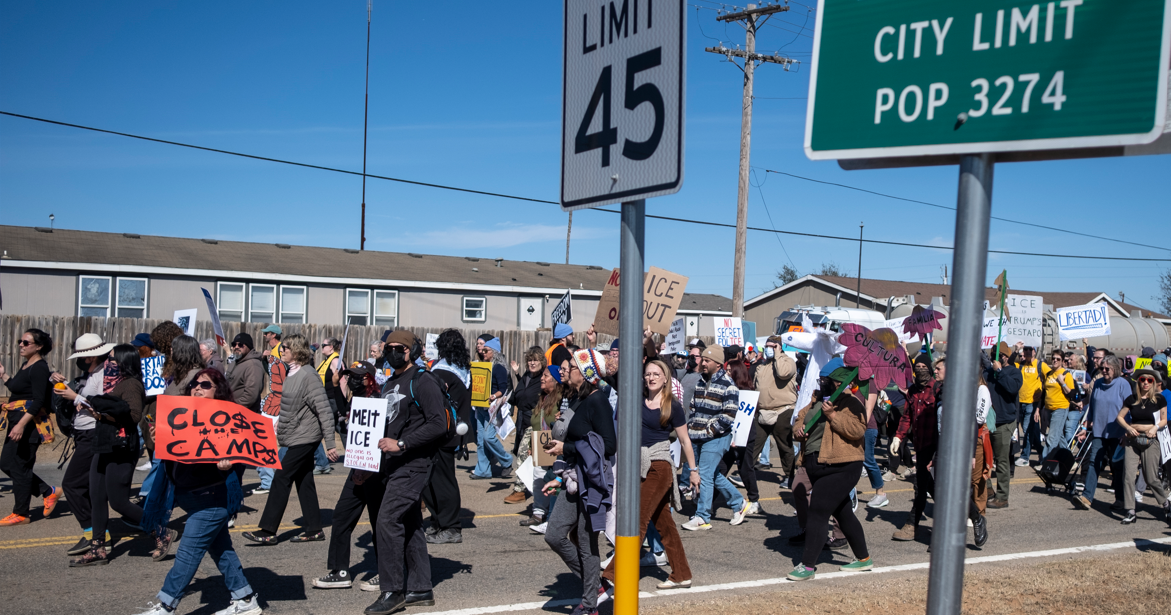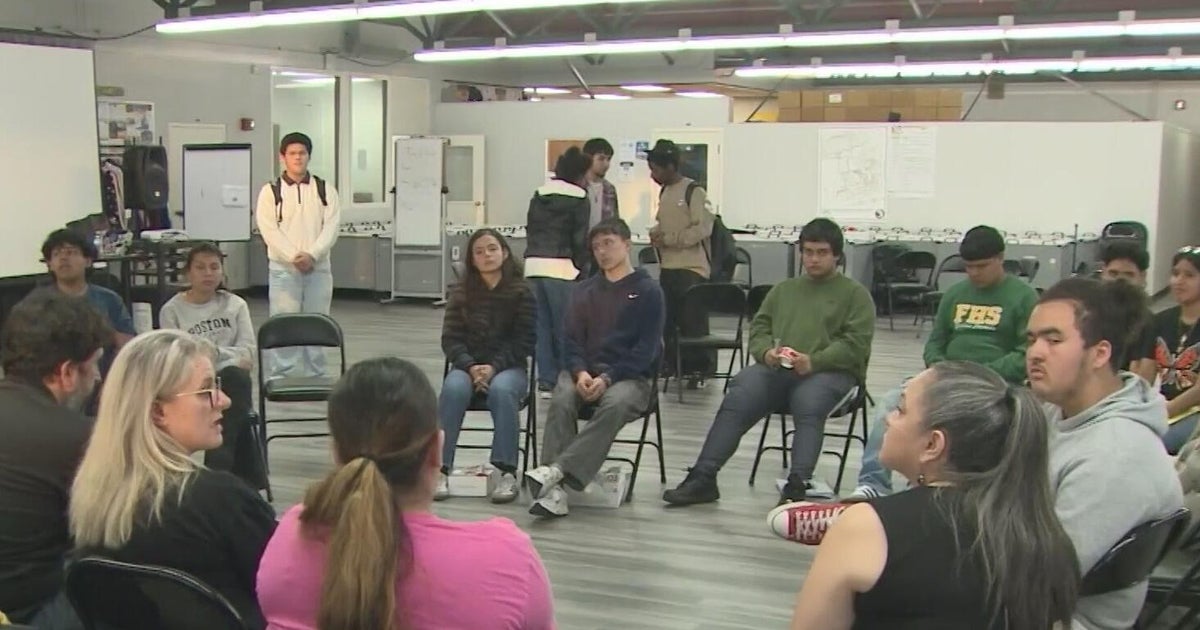House Passes 'Kate's Law' In Effort To Crack Down On Illegal Immigration
WASHINGTON (CBS SF) -- Two laws aimed squarely at San Francisco and other "Sanctuary Cities" that limit the cooperation of local law enforcement with federal immigration authorities passed the U.S. House of Representatives Thursday.
Kate's Law, named for Kathryn "Kate" Steinle, who was fatally shot two years ago at Pier 14 on July 1, 2015, raises the maximum prison penalties for immigrants who reenter the United States illegally repeatedly.
The "No Sanctuary for Criminals Act" would require local law enforcement to comply with immigration "detainers" on deportable individuals, and would restrict their eligibility to receive some Department of Justice or Department of Homeland Security grants.
The legislation would protect cities from liability for working with immigration authorities, but also allow individuals harmed by an undocumented immigrant who was released pending a detainer to sue local authorities for damages.
The laws mark the latest in a series of attempts by federal officials to force San Francisco and other "Sanctuary Cities" around the country to cooperate with federal immigration authorities.
The man charged with murder in Steinle's death, Juan Francisco Lopez-Sanchez, is a Mexican citizen with a prior history of drug convictions and deportations.
Lopez-Sanchez had been released from city custody two and a half months before Steinle's death despite a pending immigration detainer request from immigration authorities because the drug charges he was being held on were dismissed. City policy does not allow notification of federal immigration authorities when an inmate is released except in cases involving very serious crimes.
Steinle's death became the focus of national controversy and drew right-wing attacks on San Francisco. City officials defended Sanctuary City policies, however, which are intended to improve public safety by increasing cooperation between law enforcement and immigrant communities, and ultimately voted to strengthen and clarify them.
President Donald Trump, who campaigned on an anti-immigrant platform, attempted to force sanctuary cities into compliance shortly after he took office in January by signing a broadly worded executive order directing federal agencies to cut off their federal grant funds.
However San Francisco City Attorney Dennis Herrera immediately sued the administration over the order, challenging its constitutionality, and won a stay on the order. The administration has since argued that the order would only affect a narrower slice of Justice Department and Homeland Security grants and that case is still pending.
Herrera today was critical of the two bills. In particular he said the "No Sanctuary for Criminals Act" had "constitutional flaws" and is a "bad bill for cities and a bad bill for our nation."
"Instead of making communities safer, it would do the opposite," Herrera said, arguing that the bill would discourage people from reporting crime, cut funding for local law enforcement, push local officials to violate constitutional rights and "illegally commandeer local police to the federal government's immigration enforcement rather than fight crime."
Herrera said he would wait to see what final form the legislation took if it made it through the U.S. Senate before evaluating the impact on the city's court case.
Steinle's family filed a lawsuit alleging negligence against the city and former Sheriff Ross Mirkarimi after her death but a federal judge dismissed the case against them in January, finding that no federal law required them to provide the date of Lopez-Sanchez's release.
Lopez-Sanchez is currently scheduled to go to trial next month. His defense attorney has argued that he shot Steinle by accident when he fired a gun he had stolen out of a car a few days earlier and the bullet ricocheted.
Both laws must still pass the U.S. Senate before they become law.
© Copyright 2017 by CBS San Francisco and Bay City News Service. All rights reserved. This material may not be published, broadcast, rewritten or redistributed.

